Slovakia and France on ICJ Kosovo case
Ambassadors from two EU countries with opposing views on Kosovo spoke to B92 about the International Court of Justice, ICJ, Kosovo case.
Sunday, 26.04.2009.
13:04

Ambassadors from two EU countries with opposing views on Kosovo spoke to B92 about the International Court of Justice, ICJ, Kosovo case. Slovakia's Igor Furdik and France's Jean Francois Terral explained why their countries chose to take part in the proceedings, where ICJ will give its advisory opinion on the legality of the Kosovo Albanian unilateral declaration of independence last year. Slovakia and France on ICJ Kosovo case France was among the first to recognize that proclamation, while Slovakia refused to do so, considering it a breach of international law. These positions have now taken shape in written statements which both countries have sent to the ICJ. "We have submitted a statement where we say why we think the decision was not in line with international law. With this statement, we have demonstrated that our decision not to recognize Kosovo was not something done in the heat of the moment, but for reasons that relate to international law," explained Ambassador Furdik. Ambassador Terral said that "what is now important in Kosovo is to protect interests of certain communities, the Serb one above all", and adds that EU's EULEX mission was "set up for this reason". "As for the International Court of Justice, a legal process is now ahead, 35 countries have given their opinion and that is normal. Just as all the other countries interested in this issue, France has done so. [France is] all the more interested since it is one of the greatest advocates of the setting up of the EULEX mission." Asked how their countries might react if the court were to rule contrary to their position on Kosovo, the ambassadors reminded that the ICJ gives "only an advisory opinion". But, they still hinted that the stances on that opinion would be different. "The court gives an advisory opinion and we will not turn back. For us the issue of Kosovo has been settled. It was a long and difficult process, the decision on independence has been reached. France, just as some sixty other countries, has made a decision on that," said Terral. "If this high advisory body says that the decision was in line with international law, our position, just as that of Serbia, is comfortable. We are in favor of respecting international law and we will respect the decision, even though it is advisory," Furdik stated. The states that will take part in the procedure now have until July 17 to, in written form, respond to other countries' arguments. A debate will then be scheduled, likely to take place as early as December. The ICJ could announce its decision in the Kosovo case in 2010.
Slovakia and France on ICJ Kosovo case
France was among the first to recognize that proclamation, while Slovakia refused to do so, considering it a breach of international law.These positions have now taken shape in written statements which both countries have sent to the ICJ.
"We have submitted a statement where we say why we think the decision was not in line with international law. With this statement, we have demonstrated that our decision not to recognize Kosovo was not something done in the heat of the moment, but for reasons that relate to international law," explained Ambassador Furdik.
Ambassador Terral said that "what is now important in Kosovo is to protect interests of certain communities, the Serb one above all", and adds that EU's EULEX mission was "set up for this reason".
"As for the International Court of Justice, a legal process is now ahead, 35 countries have given their opinion and that is normal. Just as all the other countries interested in this issue, France has done so. [France is] all the more interested since it is one of the greatest advocates of the setting up of the EULEX mission."
Asked how their countries might react if the court were to rule contrary to their position on Kosovo, the ambassadors reminded that the ICJ gives "only an advisory opinion". But, they still hinted that the stances on that opinion would be different.
"The court gives an advisory opinion and we will not turn back. For us the issue of Kosovo has been settled. It was a long and difficult process, the decision on independence has been reached. France, just as some sixty other countries, has made a decision on that," said Terral.
"If this high advisory body says that the decision was in line with international law, our position, just as that of Serbia, is comfortable. We are in favor of respecting international law and we will respect the decision, even though it is advisory," Furdik stated.
The states that will take part in the procedure now have until July 17 to, in written form, respond to other countries' arguments.
A debate will then be scheduled, likely to take place as early as December. The ICJ could announce its decision in the Kosovo case in 2010.






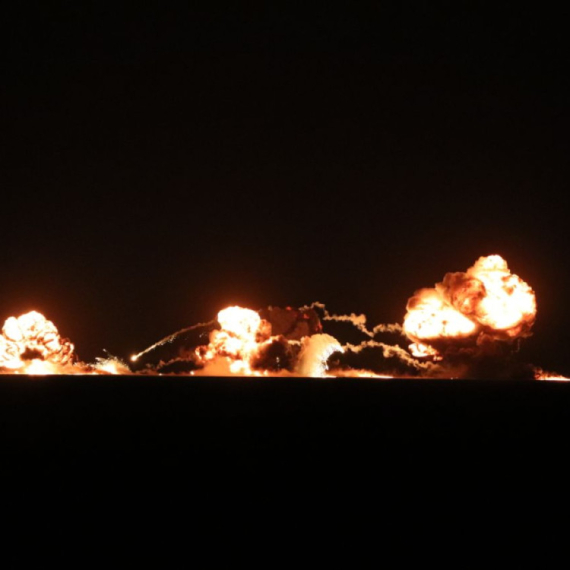








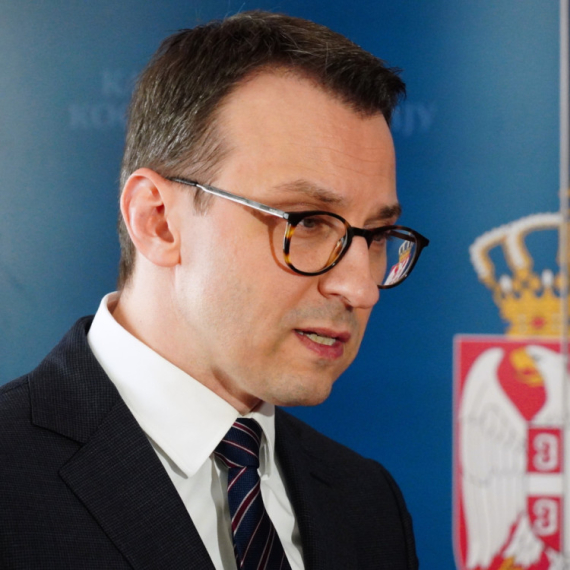

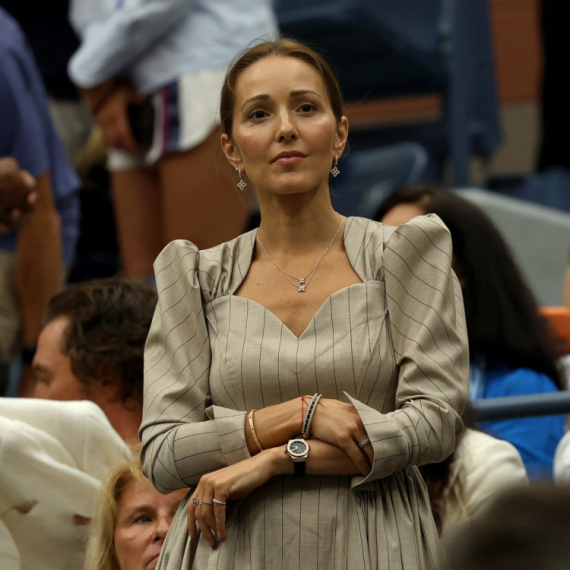


















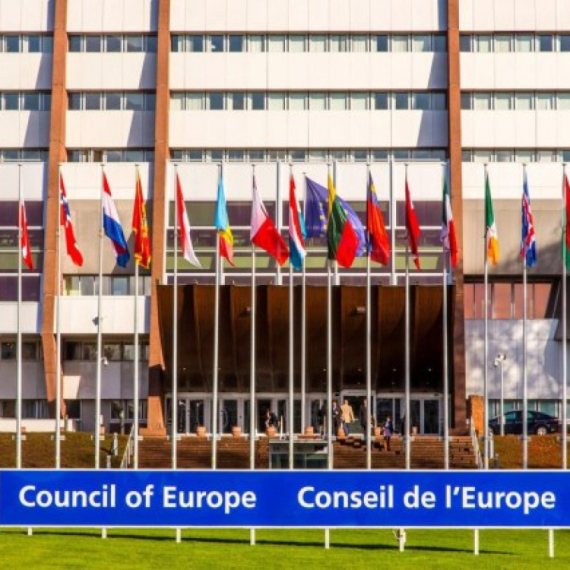














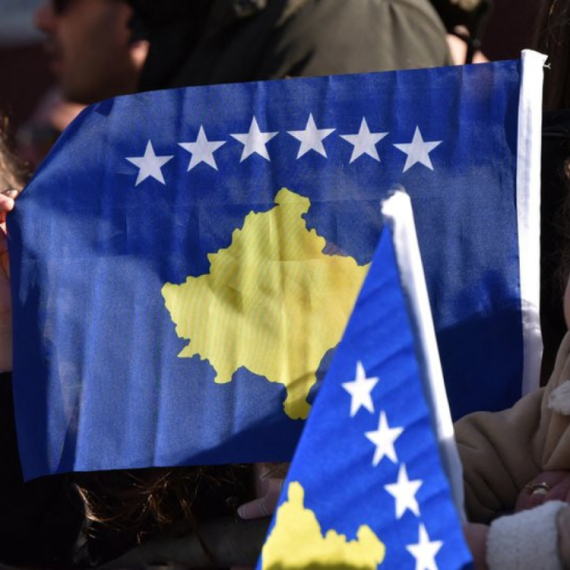





Komentari 28
Pogledaj komentare